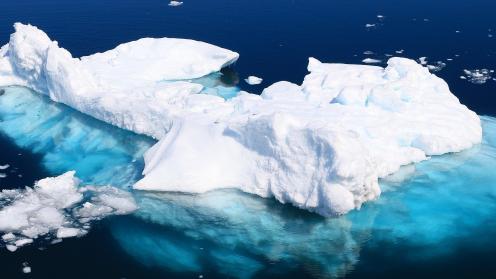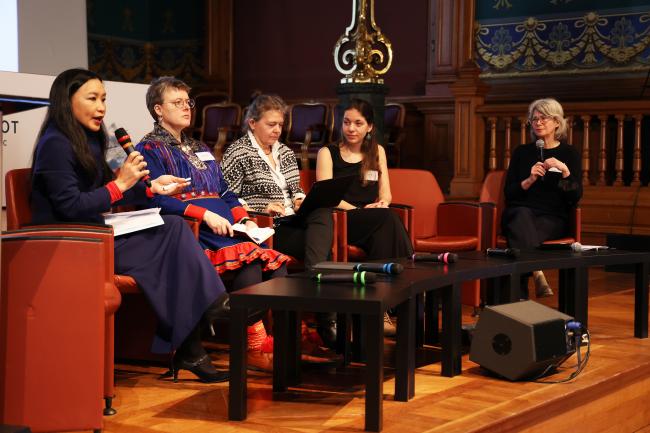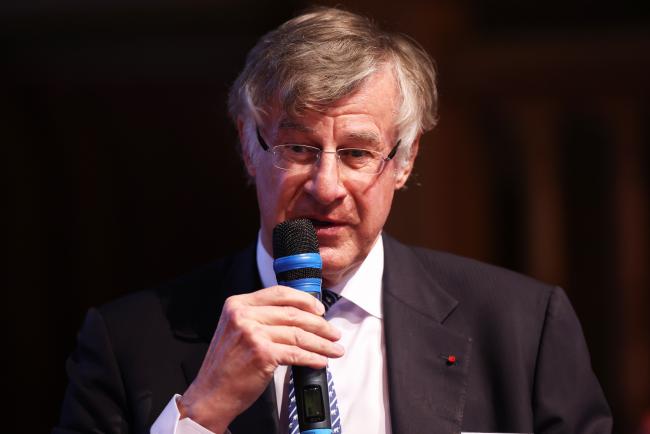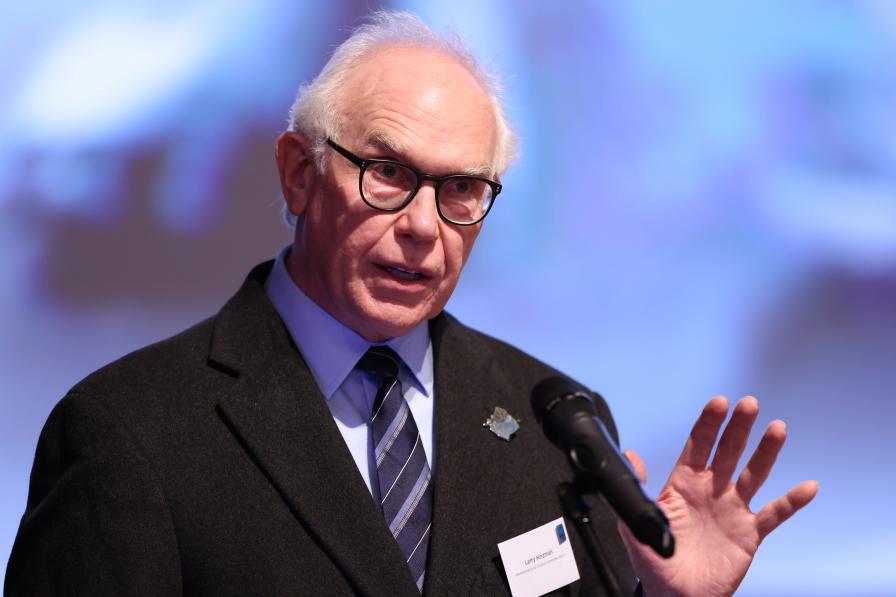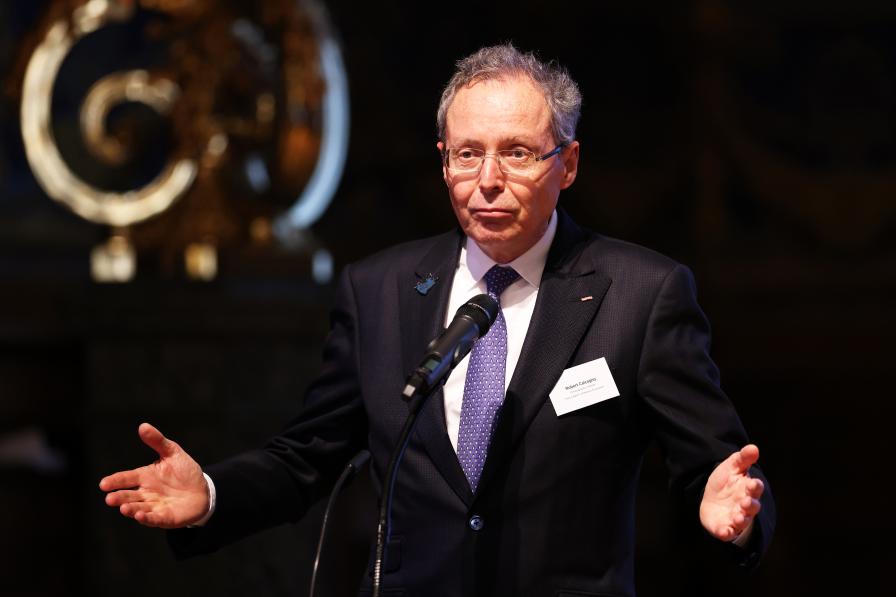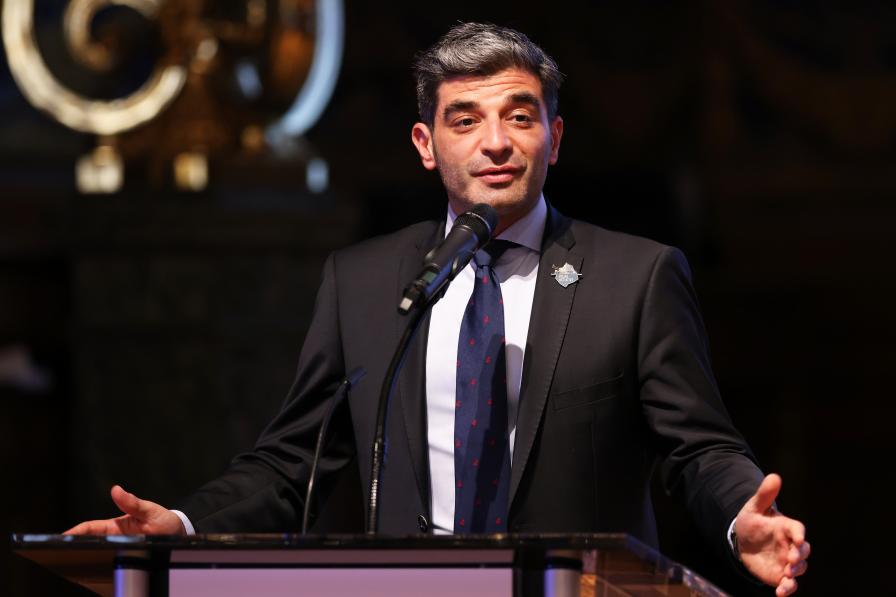The Scientific Symposium: From Arctic to Antarctic concluded its two-day deliberations, conveying a sense of urgency to address threats to polar regions together with an optimistic feeling that the necessary transformation, although challenging, is feasible. Participants highlighted the central role of robust scientific data and knowledge for informed decision making; underscored the need to appropriately communicate scientific messages to decision makers and the general public; and stressed that continuing with business as usual will transfer an unbearable environmental burden to future generations.
In the morning, participants attended two panel discussions on: effects of polar changes on human societies and economies; and management responses in the face of uncertainty.
In her keynote address on changes in human societies and economies, Gim Huay Neo, Director, Centre for Nature and Climate, World Economic Forum (WEF), stressed that “by bringing the two poles together, the whole world comes together.” She underscored the need to think as an interconnected entity, including with the work of polar scientists and the voices of communities. She focused on the WEF’s work, particularly on: raising awareness on the interconnectedness of issues; providing safe, neutral, and trusted spaces for the co-creation of solutions; and translating insights into ambition and concrete action.
Panelists addressed: the diversification of interests in polar regions over the last 20 years, making the polar environment much more complex; adaptation solutions offered by Indigenous knowledge and ways to ensure resilience and flexibility; tensions between the urgent need for energy transition and potential harmful impacts on local communities; distribution of risks and potential benefits; and tourism-related activities in the Antarctic.
Setting the stage for discussing management responses in the face of uncertainty, Jane Francis, Director, British Antarctic Survey, provided an overview of polar governance, addressing: the Arctic Council, including the international moratorium on fishing in the high seas of the Central Arctic Ocean for a minimum of 16 years to allow for scientific research; and the Antarctic Treaty System, including the Convention on the Conservation of Antarctic Marine Living Resources (CCAMLR). Francis further called for solid, robust scientific data on the impacts of tourism on the environment; highlighted the Ice Memory Foundation; and discussed the discovery of species living beneath Antarctic ice shelves, portraying how little we know about these ecosystems.
Panelists exchanged views on: management options for the Arctic region and the oceanic governance framework; work by CCAMLR to manage fisheries in a sustainable way following an ecosystem approach and efforts to protect exposed marine areas following ice shelf retreat or collapse; saving and managing ice cores from selected glaciers, which provide key insights for scientific advances; conservation challenges in the Arctic; and satellite data providing valuable information on the polar regions.
In the afternoon, Frederik Paulsen, Owner and Chairman, Ferring Pharmaceuticals, shared insights and stories from his successful environmental initiatives and travelling adventures. He underscored the importance of a proper regulative framework. He also highlighted the need to provide the necessary resources for environmental projects, noting an increasing willingness among individuals, foundations, and corporations to get involved.
Moderators from the four panel discussions summarized take home messages, stressing the urgency of addressing polar changes and moving towards a sustainable future.
Larry Hinzman, President, International Arctic Science Committee (IASC), offered closing remarks on the way forward, stressing the need for:
- a holistic approach, taking into account socioeconomic considerations;
- data, observations, and forecasting capabilities for effective decision making;
- multidisciplinary approaches to answer complex questions; and
- urgently changing business as usual models, taking into account intergenerational concerns.
Olivier Wenden, CEO and Vice President, Prince Albert II of Monaco Foundation, closed the symposium, thanking all participants for their commitment and highlighting plans to further foster multidisciplinary cooperation.
Selected Photos
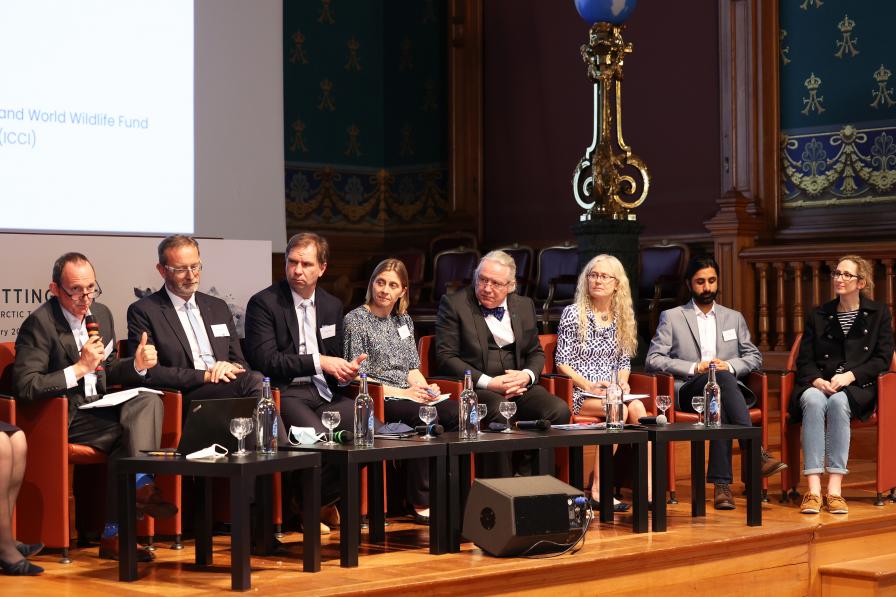
L-R: Thomas Reilly, Head of UK Public Policy, Covington; Jerome Chappellaz, Director, L’Institut polaire français Paul-Émile-Victor (IPEV) and Chair, Ice Memory foundation; Thorsten Markus, Program Manager, Cryospheric Sciences Program, NASA; Susie Grant, Marine Biogeographer, British Antarctic Survey and Chief Officer, SCAR standing committee on the Antarctic Treaty System; Lars Kullerud, President, University of the Arctic (UArctic); Elizabeth McLanahan, Director, International Affairs and Senior Advisor, National Oceanic and Atmospheric Administration (NOAA); Prem Gill, Scott Polar Research Institute, University of Cambridge; and Helen Millman, International Cryosphere Climate Initiative (ICCI) | Photo Credit: JC Vinaj
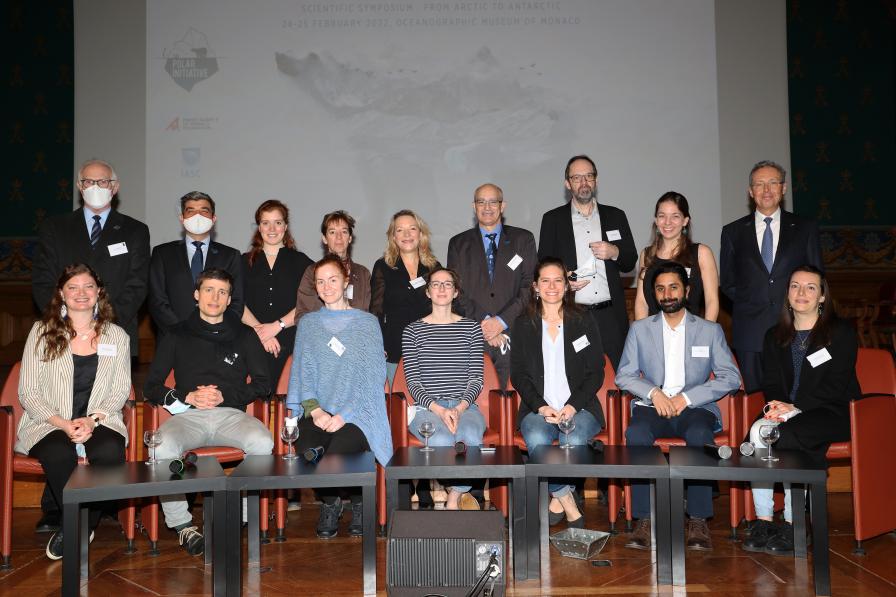
Representatives of the convening partners, panel moderators, early career scientists, and the symposium organizing team | Photo Credit: JC Vinaj
